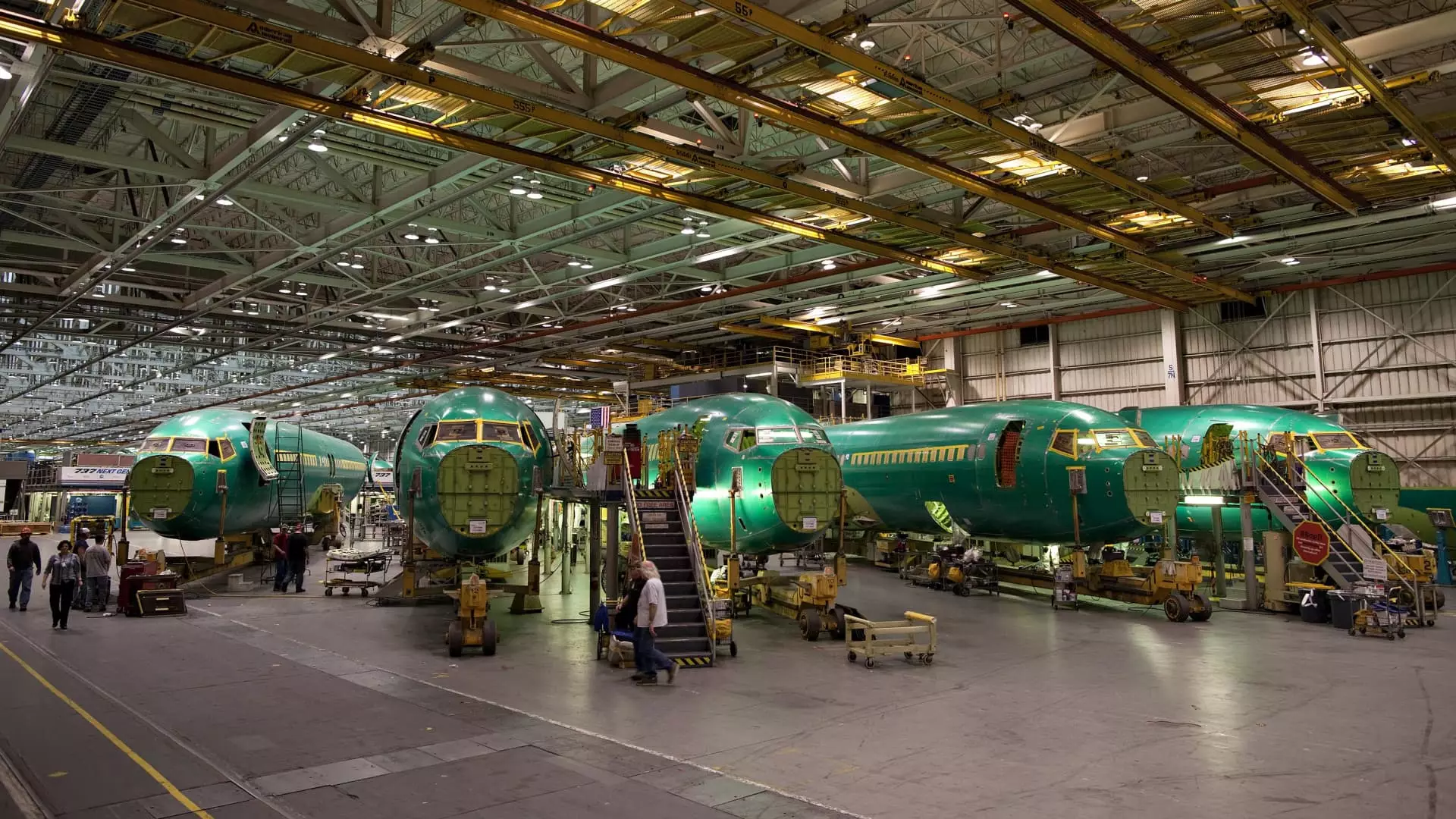Boeing recently announced its plans to acquire Spirit AeroSystems, a struggling fuselage maker, in an all-stock deal. The move is aimed at improving safety and quality control within the aerospace company. The deal, valued at $8.3 billion, will involve Boeing paying $37.25 a share in Boeing stock for Spirit. This acquisition comes on the heels of a fuselage panel blowout incident on a Boeing 737 Max, which led to a crisis for the company.
Spirit AeroSystems, which primarily manufactures fuselages for the 737 and other aircraft parts, has been heavily reliant on Boeing for revenue. In fact, Boeing accounted for about 70% of Spirit’s revenue last year, with a quarter of it coming from Airbus. The acquisition by Boeing is expected to align the production systems and workforces of both companies. This move could potentially have long-term implications for Spirit AeroSystems, especially with the change in leadership that may come post-acquisition.
The financial aspect of the deal is crucial, as it involves an equity value of $4.7 billion for Spirit, along with assuming its debt. Both companies will need to navigate through regulatory approvals, shareholder agreements, and the sale of certain operations dedicated to Airbus planes. It is important for both Boeing and Spirit to ensure a smooth transition post-acquisition to avoid any disruptions in their operations and revenue streams.
Boeing has been under scrutiny for the safety issues surrounding its aircraft, especially in the aftermath of the two deadly Max crashes. The fuselage panel blowout incident and other production problems have raised concerns about the quality control measures in place. The company’s CFO’s statement about burning cash instead of generating it further emphasizes the financial strain caused by these safety issues. Boeing’s commitment to strengthening quality through accepting only defect-free fuselages is a step in the right direction.
The acquisition of Spirit AeroSystems by Boeing marks a significant step in the aerospace industry. It will be interesting to see how this acquisition plays out in the coming years and whether it will indeed improve safety and quality control within Boeing’s operations. The leadership transition and regulatory approvals will be critical in determining the long-term success of this deal. Both companies will need to closely monitor their production lines and quality assurance processes to regain the trust of regulators and customers.
The Boeing and Spirit AeroSystems acquisition presents both opportunities and challenges for the aerospace industry. It is imperative for Boeing to address the safety and quality control issues that have plagued the company in recent years. The success of this acquisition will depend on how well both companies integrate their operations and work towards a common goal of ensuring the highest standards of safety and quality in aircraft manufacturing.

